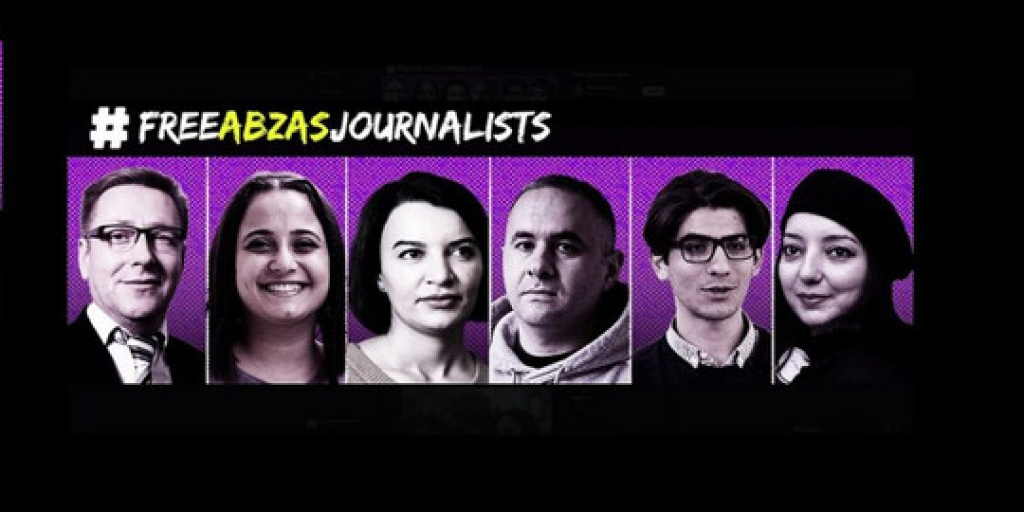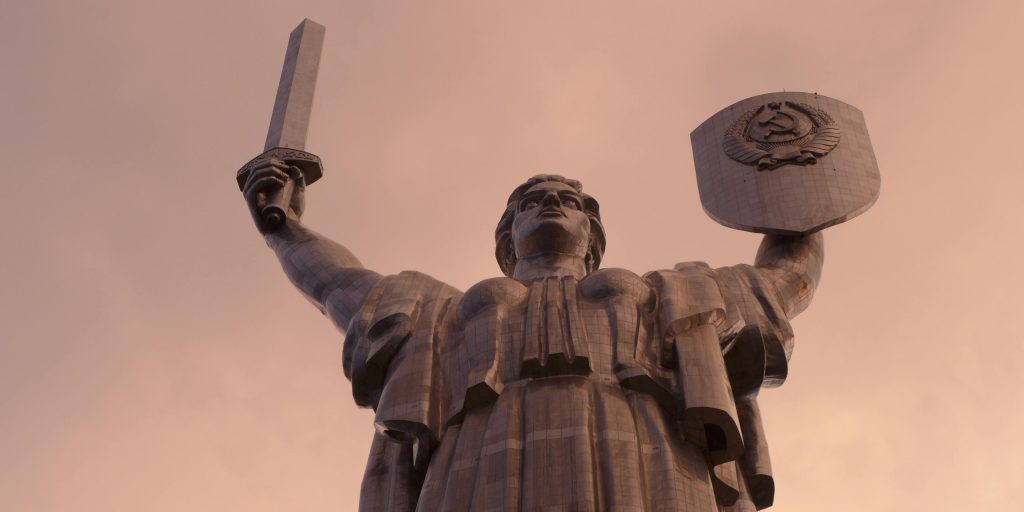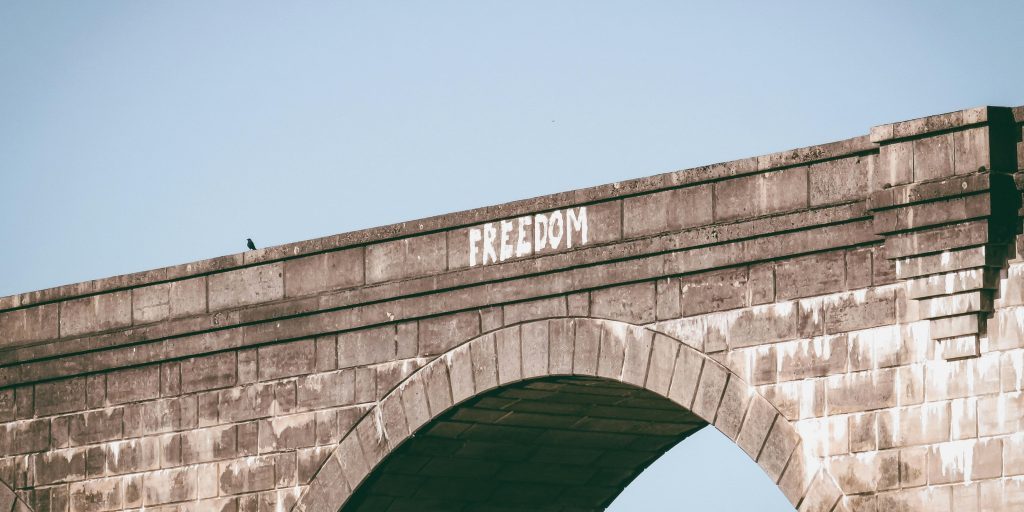COP29: media freedom partners urge EU to hold host Azerbaijan to account over jailed journalists
The statement, released on 6 November, reads:
In advance of COP29, the 29th annual United Nations Climate Change Conference, in Baku, Azerbaijan, 17 international human rights organisations call on attending EU leaders to draw urgent attention to and raise directly with the government of Azerbaijan the deteriorating human rights situation in the country.
Azerbaijan has a record of human rights abuse that has seriously worsened over the last two years with the government targeting the remaining vestiges of independent media and civil society including human rights defenders.
Among the methods the government uses are politically motivated arrests and prosecutions on bogus criminal charges, as well as the arbitrary enforcement of highly restrictive laws regulating non-governmental organisations (NGOs).
This abusive regulatory system effectively denies independent activists, media, and human rights defenders lawful ways to carry out their work, thereby pushing them to the margins of the law and heightening their vulnerability to retaliatory criminal prosecution.
The EU should ensure that economic and political ties with Azerbaijan, including energy co-operation, contain concrete human rights commitments, in line with Azerbaijan’s obligations as a member of the EU’s Eastern Partnership initiative.
Azerbaijan depends heavily on fossil fuels for its state budget and the 2022 EU-Azerbaijan Memorandum of Understanding (MoU) on energy partnership is an important instrument of political influence. The EU should use its political and diplomatic weight with the authorities to ensure that this partnership is in line with the EU’s treaty commitments to defend and promote human rights in its foreign policy.
We also call on the EU to fulfill its human rights obligations by implementing COP28’s commitment to transition away from fossil fuels in an equitable, time-bound and rights respecting manner.
Since the signing of the MoU, the government of Azerbaijan, has engaged in a relentless crackdown against independent media, and civil society, including human rights defenders, eradicating most forms of dissent and legitimate human rights work
In July 2023, the authorities arrested renowned scholar, anti-corruption expert and one of the finalists for the 2024 Sakharov Prize for Freedom of Thought, Gubad Ibadoghlu. Following nine months of pre-trial detention, during which his health rapidly deteriorated as a result of the authorities’ failure to provide him with adequate medical treatment, he was transferred to house arrest and police supervision.
While his investigation is temporarily suspended, if convicted, he could face up to 17 years in prison. In April 2024, the winner of the Council of Europe Parliamentary Assembly’s 2014 Václav Havel Human Rights Prize, human rights defender Anar Mammadli was arrested and put in pre-trial detention, where his health has deteriorated.
Mammadli’s arrest came shortly after his organization, the Election Monitoring and Democracy Studies Center (EMDS), published an assessment on the conduct of the February presidential elections and as he and other human rights defenders announced a coalition on climate justice ahead of COP29.
Since November 2023, the Azerbaijani authorities have arrested at least 11 independent journalists and media workers and remanded them to pretrial detention on various bogus
criminal charges. These include Ulvi Hasanli, Sevinj Vagifgizi, Hafiz Babali, Nargiz Absalamova, Elnara Gasimova, Aziz Orujov, Shamo Eminov, Mushfig Jabbarov, Alasgar Mammadli and Imran Aliyev.
Other prominent civil society representatives, government critics, human rights defenders, and trade union activists [have also been put behind bars in the last two years]. As recently as July and August, Azerbaijani authorities arrested researchers and peace activists, charging them with treason on spurious grounds …
In addition to the arrest spree against government critics, the authorities have placed scores more on travel bans, among them a well-known Azerbaijani researcher Javidan Aghayev, who was prevented from taking a flight to Lithuania and put under a travel ban after being interrogated as a witness in another bogus criminal investigation.
The EU has issued several statements over the crackdown, referring to ‘an unsettling rise of arrests of independent journalists, human rights defenders, and political activists on politically motivated charges’, and the European Parliament has adopted several resolutions.
Azerbaijan has one of the worst records among Council of Europe member states on implementation of judgments by the European Court of Human Rights (ECtHR), which has in multiple instances found that the Azerbaijani government violated the right to freedom of association.
It also found multiple instances in which Azerbaijan pursued ‘ulterior motives’ while imprisoning government critics, in retaliation for their activism.
In July, the Council of Europe’s Committee for the Prevention of Torture and Inhuman or Degrading Treatment or Punishment (CPT) took the ‘exceptional decision’ to make a public statement denouncing Azerbaijan’s ‘persistent lack of co-operation’ and expressing extreme concerns over ‘continued resort to physical ill-treatment/torture by the police and the pervasive practice of threats, planting evidence, forced confessions and extortion’.
Yet, the government of Azerbaijan has faced little consequence for its actions. The speed of the on-going crackdown ahead of COP29 attests to the lack of willingness to improve the government’s longstanding and well-documented record of repressing critical voices.
EU leaders attending COP29 should:
● Raise directly with the authorities the cases of those imprisoned on clearly politically
motivated grounds and aim to secure their release. They should prioritize in particular the cases of those needing urgent medical attention …
● Request to meet with some of the individuals imprisoned on political grounds, and/or arrange meetings with their families, particularly individuals mentioned in the EU’s statements on Azerbaijan.
● Speak publicly on all occasions to express support for independent media and civil society, including human rights defenders; call on the authorities to unconditionally release all wrongfully imprisoned individuals, and repeal repressive NGO laws. Such public calls were particularly important during previous COPs
● Meet with journalists, and independent civil society including human rights defenders while in the country in a demonstration of political support.
● Stress in interactions with the Azerbaijani government that robust civil society participation is essential for effective climate action, before, during and after COP29, and that any retaliatory action taken against those who participate will not be tolerated.
Signatories:
Amnesty International
Anar Mammadli Campaign to End Repression in Azerbaijan
Committee to Protect Journalists
European Centre for Press and Media Freedom
European Federation of Journalists
Freedom Now
Free Press Unlimited
Frontline Defenders
Human Rights House Foundation
Human Rights Watch
International Partnership for Human Rights
Netherlands Helsinki Committee
Norwegian Helsinki Committee
PEN International
Publish What You Pay
Secretariat of the Eastern Partnership Civil Society Forum
World Organisation against Torture
- This statement and the article first appeared here




